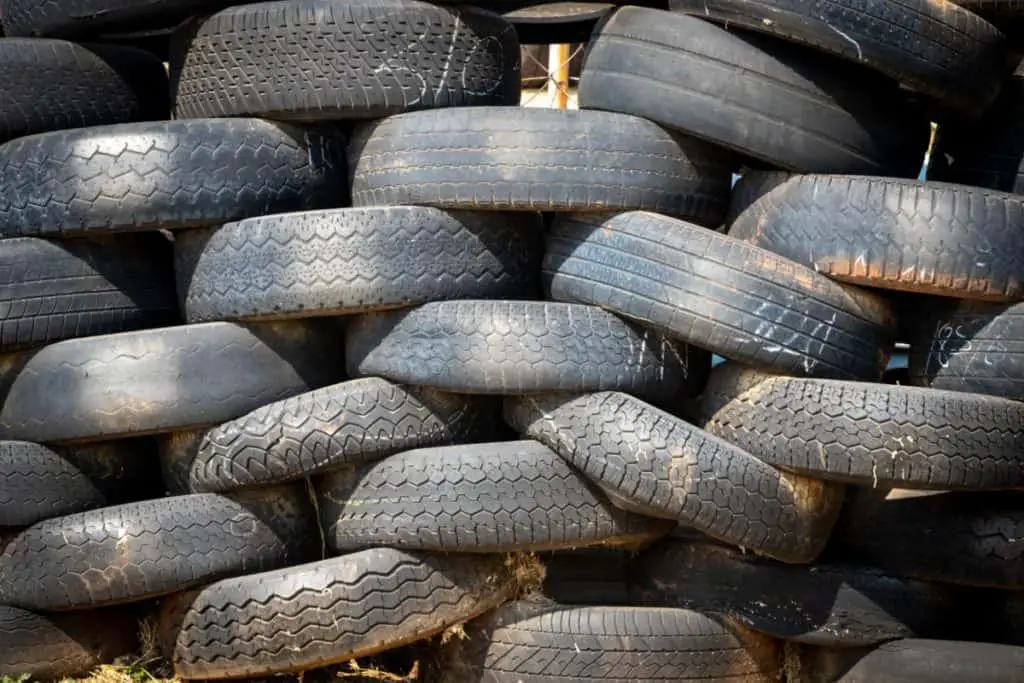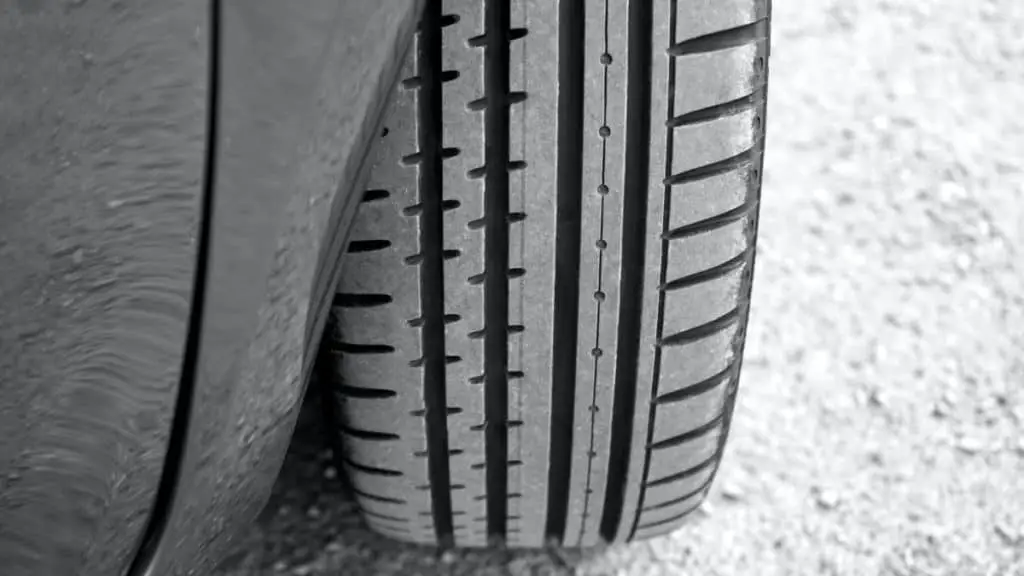
If you are interested in finding out what happens when you swallow rubber then you’ve come to the right article.
As, in this article, you’ll find the exact answer to this question, and also after you’ve read the answer to the main question then I’ll cover the answers to a few more closely related questions as well to extend your knowledge further.
I hope you learn a lot from this article.
What happens if you swallow rubber?
Rubber is an indigestible substance chiefly composed of isoprene compounds.
If swallowed, a small piece of rubber will often pass through the gastrointestinal tract without causing damage, though you might experience indigestion.
With this having said, any foreign object particularly one that is more than an inch and a half in diameter can pose a choking hazard and could cause intestinal blockage.
Moreover, people who are allergic to rubber will likely experience a reaction if they swallow it.
What happens if a child swallows rubber?
The greatest risk that a child faces when putting a piece of rubber in their mouth is choking.
If they swallow it without choking on it then it probably won’t result in any ill effects.
If they develop a rash or have trouble breathing, despite having completely swallowed it then they might have a rubber allergy.
Larger items, such as rubber stoppers or gaskets are more dangerous simply because they can more easily become lodged in the child’s windpipe.
If a child regularly attempts to eat rubber bands, a physician should be consulted.
Because this may be a sign that they have pica which is an eating disorder characterized by desiring to consume non-nutritional substances.
While rubber is not a common object of desire for people with pica, someone could become fixated on it.
Pica is associated with malnutrition, iron deficiency, trauma, and obsessive-compulsive disorder.
It is important to address the underlying causes of the eating disorder to stop the behavior.
What happens if a baby swallows rubber?
If a baby accidentally swallows a small piece of rubber, it will likely pass through its system and be expelled in its stool.
Rubber isn’t broken down by gastric fluid and a small piece will typically not cause an intestinal or bowel blockage.
Larger pieces, such as rubber stoppers or bouncy balls can easily become lodged in the airway, resulting in choking, so they should at all times be kept away from babies.
Can eating rubber hurt a baby?
Chewing on or attempting to eat rubber is a choking hazard for babies.
If a baby can swallow a small piece without choking then it will probably pass through their gastrointestinal tract without causing too much of a problem, aside from some indigestion.
A slightly larger piece can result in blockage and constipation.
If a baby eats numerous pieces of rubber, for example, multiple rubber bands then they could get bound together and result in an intestinal or bowel obstruction and constipation.

What happens if you swallow a rubber band?
Unless you are allergic to rubber, swallowing a single rubber band will probably not cause any negative health consequences.
Rubber isn’t broken down by stomach acid before passing into the intestines, so it will pass through your system undigested.
Swallowing multiple rubber bands can pose a greater risk since they may become intertwined and bound together, causing an intestinal or bowel obstruction.
What happens if you swallow a tiny rubber band?
A tiny rubber band will pass through your gastrointestinal tract without being digested.
You will thus expel it in your stool.
If you are sensitive to rubber then you may experience symptoms of an allergic reaction.
What happens if you swallow a dental rubber band?
Dental rubber bands, which are used on braces, are too small to cause a problem when they are accidentally swallowed.
The band will pass through your digestive tract and be expelled in your stool.
Can swallowing a rubber band be lethal?
It is very unlikely that swallowing a rubber band would result in a lethal end.
Rubber bands are typically too thin and flexible to block the airway, intestines, or bowels.
Since rubber is an indigestible substance that won’t break down when exposed to gastric acid, a band will pass through the stomach, into the intestines, and eventually be expelled with other waste.
However, someone that is allergic to rubber could experience anaphylaxis, or a severe allergic reaction, which can be life-threatening.
If you experience difficulty breathing, a severe upset stomach, or other painful symptoms then you should consult a medical professional.
Is it dangerous to swallow a rubber band?
Unless you are allergic to rubber, swallowing a rubber band isn’t very dangerous.
In most cases, it will pass through the GI tract intact and be expelled through the bowels.
People with a sensitivity to rubber may experience anaphylaxis, or an allergic reaction, upon eating a rubber band.
Eating a large number of rubber bands could result in an intestinal blockage or bowel obstruction since the individual bands may get wrapped around one another, resulting in a larger mass of indigestible matter.
If you experience severe cramping or persistent constipation upon eating a large quantity of rubber then you should call your doctor.

How long does it take to digest rubber?
Rubber isn’t digested since the gastric acid in our stomachs is unable to break it down.
Rather, it passes through the GI tract undigested and completely intact.
Generally, it takes about two full days, or 48 hours, for a rubber band to make its way through the intestines and be expelled by the bowels.
How long does it take to digest a rubber band?
Technically speaking, a rubber band is not digested when it is swallowed.
Rubber is a material that does not break down when exposed to stomach acid and it also contains no nutritional value.
Gastric fluid is constituted of hydrochloric acid in addition to other chemicals and enzymes.
Even outside the body, hydrochloric acid doesn’t dissolve rubber.
Over time, it will degrade, creating a crust, but this takes months.
Inside the body, a rubber band doesn’t stay in the stomach long enough for the hydrochloric acid to have any effect on it.
The band will pass undigested through the stomach to the intestines, and it will eventually be expelled with other waste.
This process usually takes about two full days.

